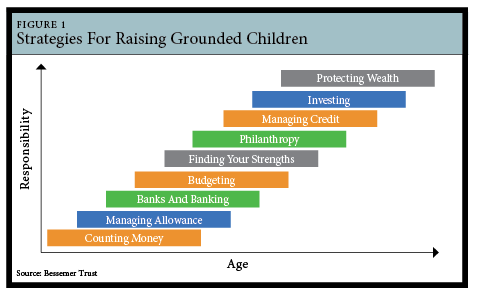In one case, the grandparents elected to share two parts of the plan—funding the grandchildren’s educations and establishing a private foundation—so that it dovetailed with the discussion about what money could and could not do for the family.

Establishing The Ultimate Objective
A successful family meeting starts with a clear objective that participants understand and have consented to.
While there is often an individual or event that acts as the catalyst for the meeting, we recommend interviewing all participants in advance to collect information on potential hot-button issues or additional interests. A third party—often the meeting facilitator—typically will either conduct the interviews or gather feedback through an anonymous survey. The survey input helps inform other meeting aspects including design, participants, location and length. In fact, it is not uncommon for the interviews to help shift the objective of the meeting in a way that is more meaningful to all family members.
After the family establishes the primary meeting objective, our team works with them to refine it. For example, while clients might know that they wish to use a family meeting to share all or part of a wealth plan, they might have an ancillary objective, such as addressing a current family concern.
In one example, clients who were grandparents sought help to resolve a conflict over their adult children’s use of a vacation home. The clients were afraid that the family’s increased wealth and resources were causing family ties to unravel. In addition, they thought it was time to share their wealth plan with their children and grandchildren. To address their concerns and to allow for communication of their intentions, we suggested that they hold a family meeting.
Because we knew there was tension in the family, we asked permission to interview the participants in advance to better understand the crosscurrents at work. From there, we could create the most relevant agenda for the meeting. During our interviews, we realized that there was an elephant in the room that hadn’t been previously mentioned: Members of the second generation were grappling with the larger issue of their new wealth. They were struggling to raise their own children as grounded individuals and were judging their siblings’ spending and parenting habits harshly.








